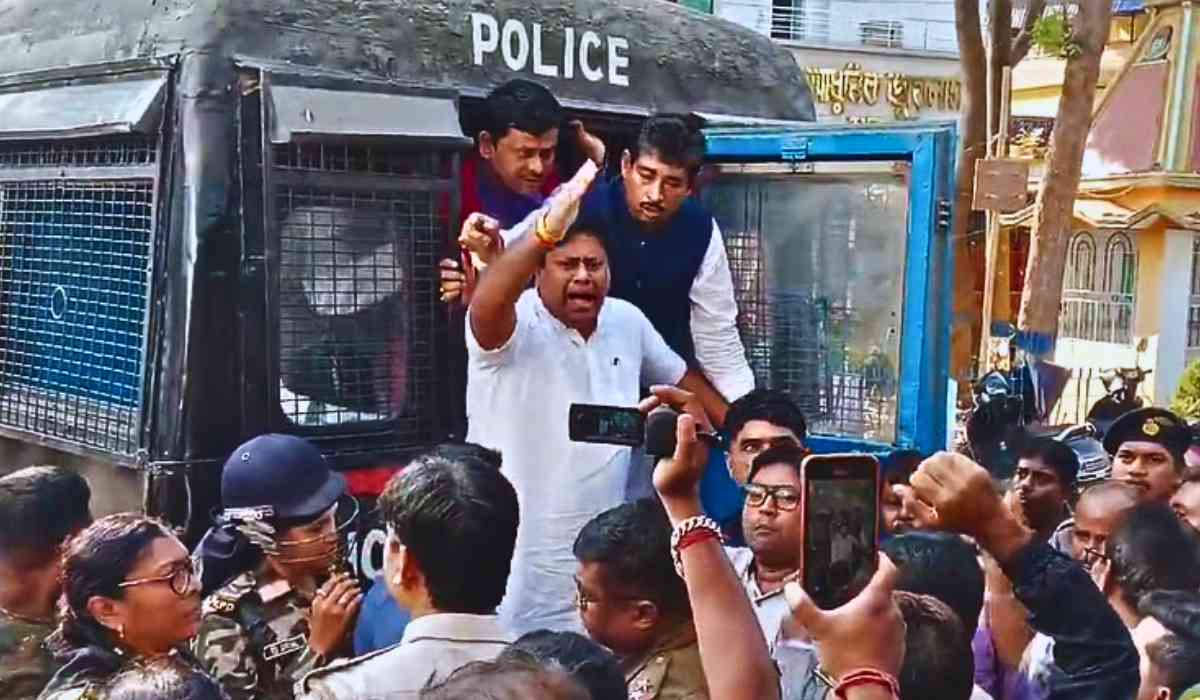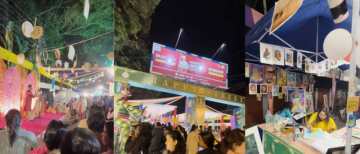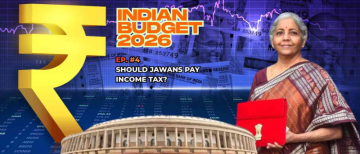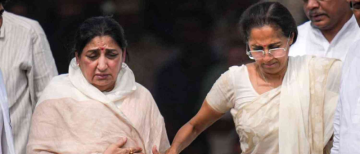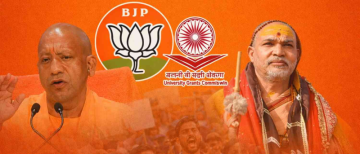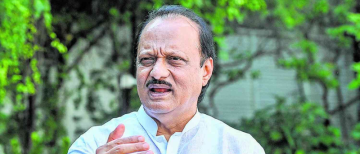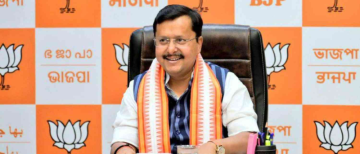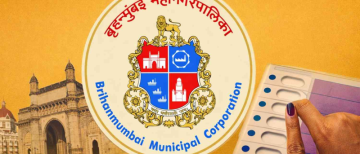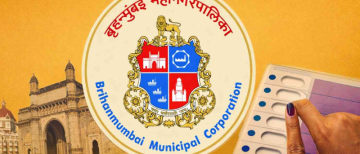On March 30, 2025, a delegation from the Bharatiya Janata Party (BJP), led by Union Minister Sukanta Majumdar, was stopped by police while attempting to visit Mothabari, a region in Malda district, West Bengal. The area had recently experienced communal clashes that raised concerns about safety and public order. The police cited prohibitory orders in the area as the reason for blocking the delegation's access.
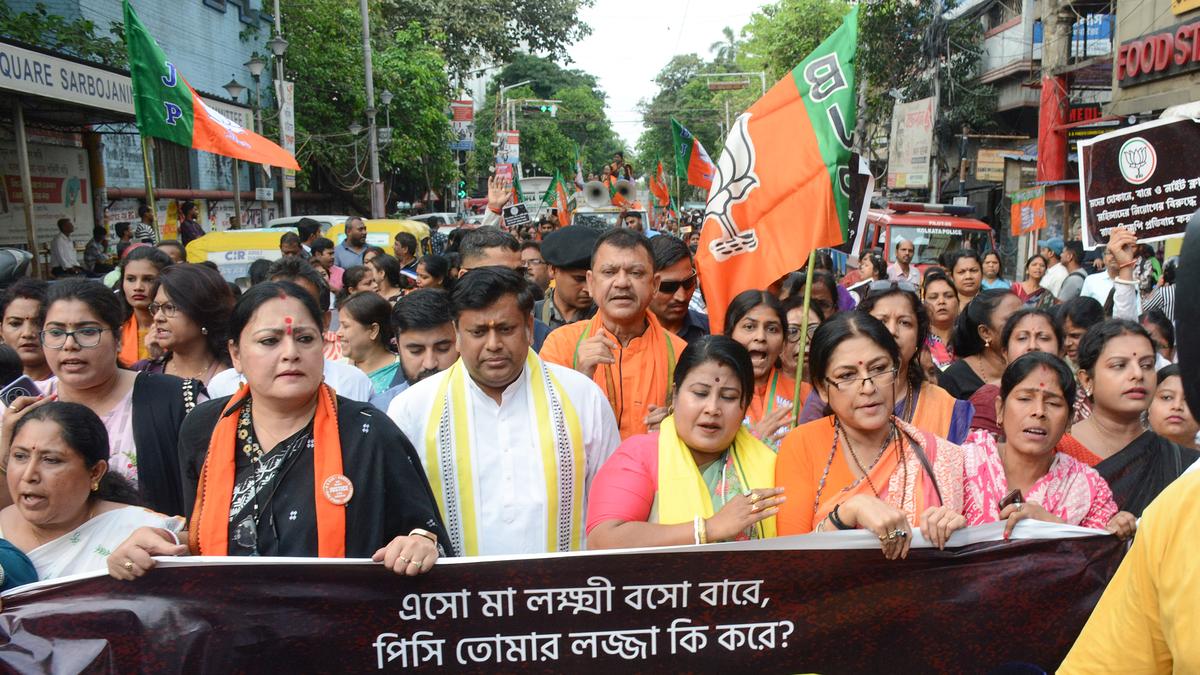
Background of the Clashes
The tensions in Mothabari began on March 28, when a religious procession passed by a place of worship. This event led to violent confrontations between two communities, resulting in arson, vandalism, and physical assaults. Reports indicate that at least 63 individuals were arrested in connection with these disturbances, and the police were deployed heavily to restore order. Internet services were suspended in Mothabari and surrounding areas to prevent the spread of misinformation and further unrest.
Police Intervention
As Majumdar and his team approached Mothabari, they were stopped approximately 10 kilometers away at English Bazar. The police had set up barricades to prevent their entry. In response to being blocked, members of the BJP staged a protest by sitting on the road and chanting slogans against the ruling Trinamool Congress (TMC) party and the police's actions. Majumdar expressed his frustration publicly, stating that if they faced obstacles, they would continue to protest in a "democratic manner." He criticized the TMC for allegedly allowing its supporters to roam freely in the area despite the prohibitory orders.

Political Reactions
The situation quickly escalated as BJP supporters attempted to breach police barricades, leading to confrontations where police used water cannons to disperse the crowd. Majumdar accused the state police of acting like "cadres" of the ruling TMC and questioned why they were not more proactive during the initial clashes. He emphasized that had the police acted more decisively earlier, the riots could have been avoided.
In contrast, TMC leaders criticized Majumdar's visit as an attempt to incite further violence rather than promote peace. They argued that his actions were politically motivated, aimed at creating division ahead of upcoming elections. Congress leaders also echoed similar sentiments, asserting that Majumdar's rhetoric did not contribute to restoring harmony in the community.
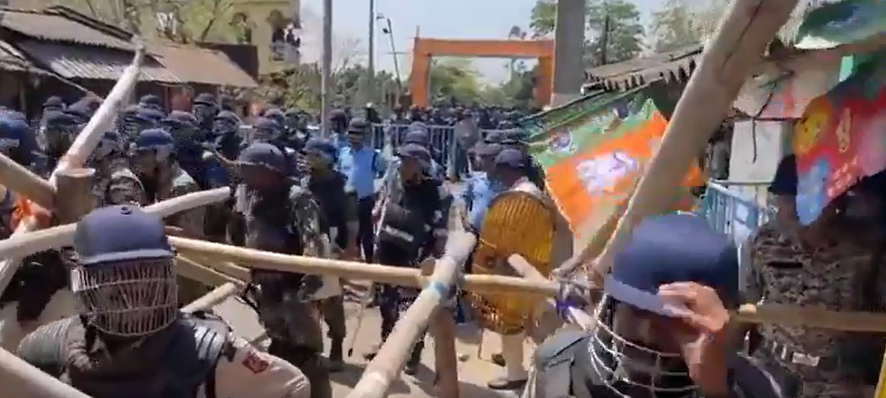
Current Situation
Despite the recent violence, police officials reported that the situation in Mothabari was now under control. Shops had reopened and normal business activities resumed shortly after the clashes. However, internet services remained suspended as a precautionary measure. The Inspector General of North Bengal confirmed that no significant incidents had occurred in the past 48 hours.
The National Commission for Women (NCW) announced plans to visit Mothabari on April 4 to assess conditions on the ground following complaints from local residents about alleged atrocities committed during the clashes.
Conclusion
The incident highlights ongoing tensions in West Bengal's political landscape and raises questions about law enforcement's role during communal conflicts. As political leaders navigate these sensitive situations, ensuring peace and stability remains a critical challenge for both state authorities and local communities. The BJP's planned rally on April 11 will likely continue to draw attention to these issues as they unfold in Mothabari and beyond.
This situation serves as a reminder of how communal tensions can escalate quickly and impact not just those directly involved but also wider political dynamics in regions like West Bengal.
With inputs from agencies
Image Source: Multiple agencies
© Copyright 2025. All Rights Reserved Powered by Vygr Media.

